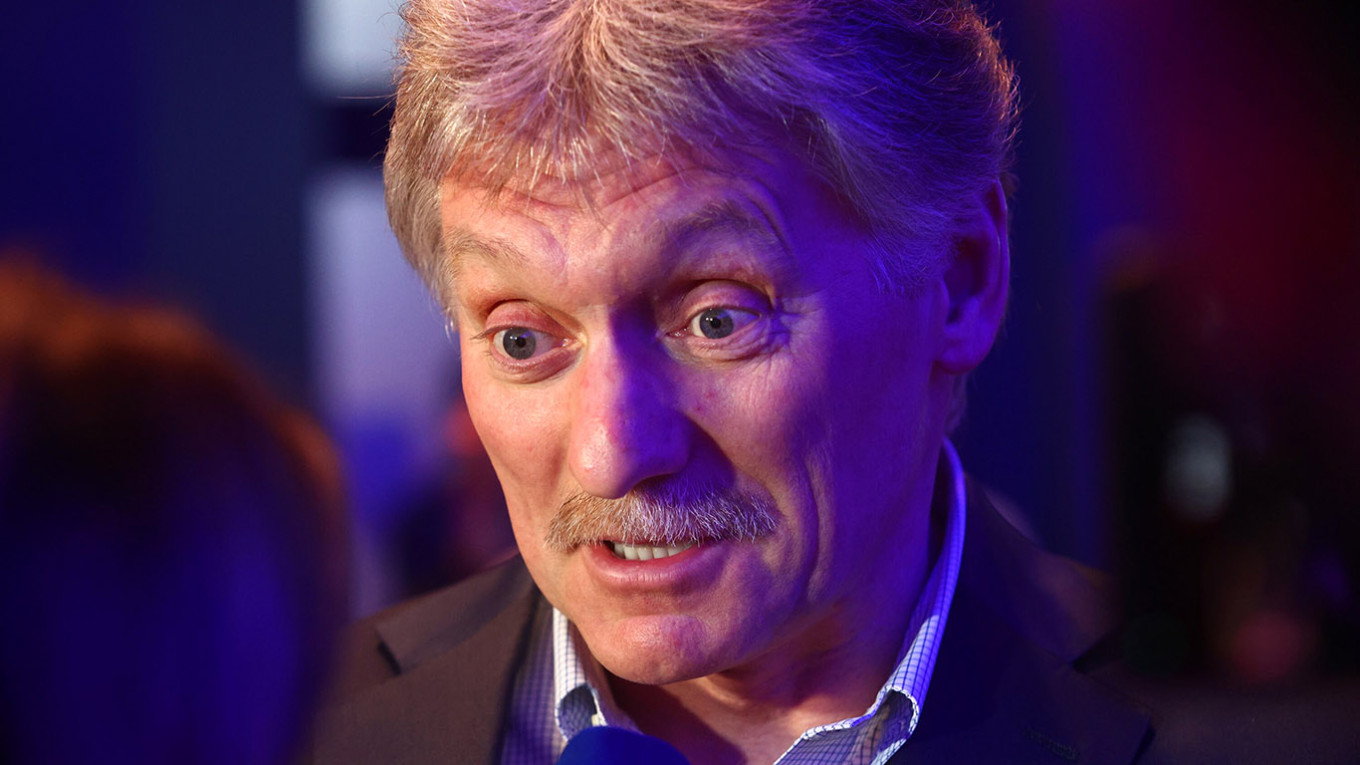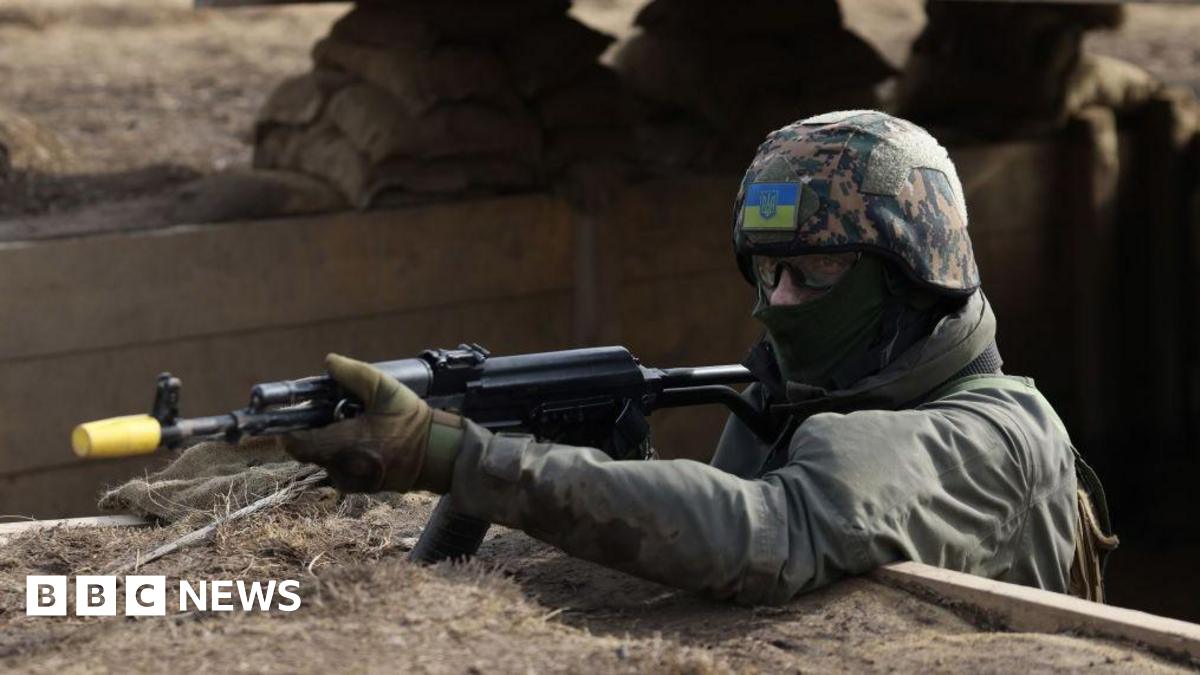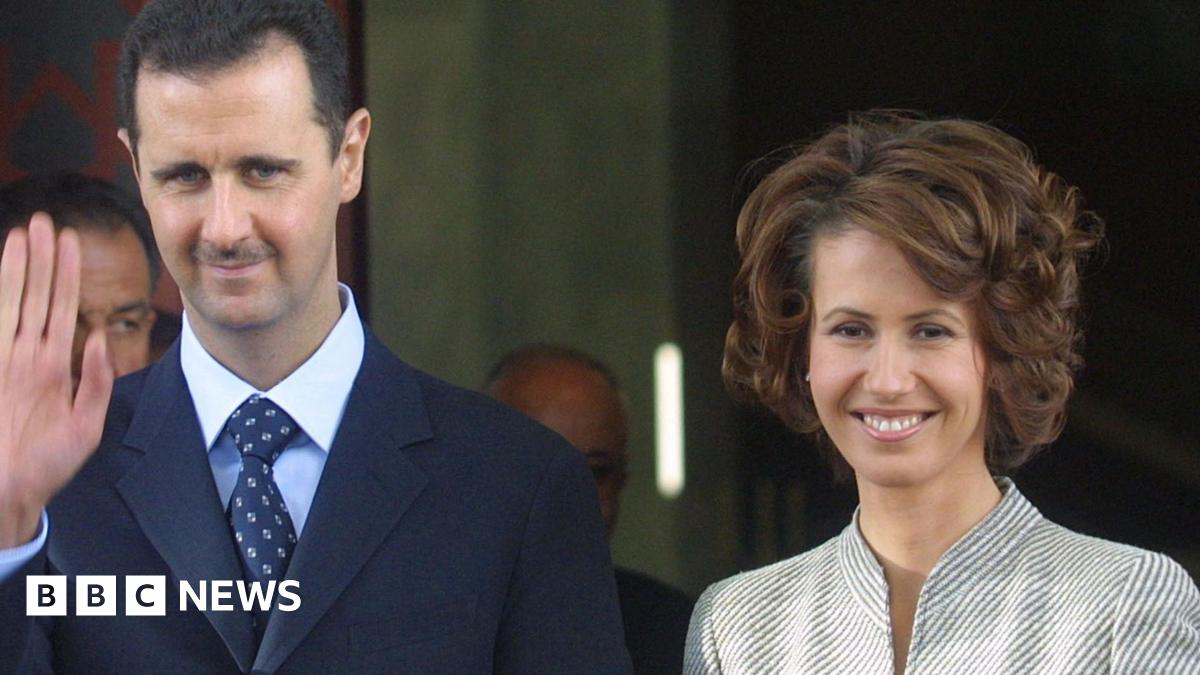 Kremlin spokesman Dmitry Peskov.
Yaroslav Chingaev / Moskva News Agency
Kremlin spokesman Dmitry Peskov.
Yaroslav Chingaev / Moskva News Agency
The Kremlin called European gas shipments “very complicated” and requiring “increased attention” on Monday, a day after Slovak Prime Minister Robert Fico held a surprise meeting with President Vladimir Putin in Moscow to discuss energy and the war in Ukraine.
Fico said his surprise visit to Moscow Sunday was in response to Ukrainian President Volodymyr Zelensky telling EU leaders that Kyiv remains opposed to Russian gas transiting through its territory. The Slovak prime minister is only the third Western leader to have met with Putin following the full-scale invasion of Ukraine.
Ukraine has said it will not renew its gas transit agreement with Russia when it expires in January 2025. Fico warned that sourcing gas from alternative routes would cost Slovakia an additional 220 million euros ($228.7 million) in transit fees.
When asked whether Russia can supply gas to Slovakia after the end of transit through Ukraine, Kremlin spokesman Dmitry Peskov told reporters that the situation was “very complicated” and “requires increased attention.”
“You heard the statement from the Ukrainian side, and you know the position of those European countries that continue to buy Russian gas and that consider this necessary for the normal operation of their economies,” Peskov was quoted as saying by the state-run news agency TASS.
He declined to provide details of Fico’s meeting with Putin, saying only that the talks touched on bilateral relations, the war in Ukraine and gas shipments.
Turkey and Hungary, both heavily reliant on Russian gas, said last week that they received waivers from U.S. sanctions on Gazprombank to allow continued energy payments. However, Slovakia’s state-owned gas buyer SPP has not received any notification of a similar exemption, according to Reuters.
A Message from The Moscow Times:
Dear readers,
We are facing unprecedented challenges. Russia's Prosecutor General's Office has designated The Moscow Times as an "undesirable" organization, criminalizing our work and putting our staff at risk of prosecution. This follows our earlier unjust labeling as a "foreign agent."
These actions are direct attempts to silence independent journalism in Russia. The authorities claim our work "discredits the decisions of the Russian leadership." We see things differently: we strive to provide accurate, unbiased reporting on Russia.
We, the journalists of The Moscow Times, refuse to be silenced. But to continue our work, we need your help.
Your support, no matter how small, makes a world of difference. If you can, please support us monthly starting from just $2. It's quick to set up, and every contribution makes a significant impact.
By supporting The Moscow Times, you're defending open, independent journalism in the face of repression. Thank you for standing with us.
Continue
![]()
Not ready to support today?
Remind me later.
.png)
 4 hours ago
2
4 hours ago
2



/cdn.vox-cdn.com/uploads/chorus_asset/file/25515570/minesweeper_netflix_screenshot.jpg)




 English (US) ·
English (US) ·